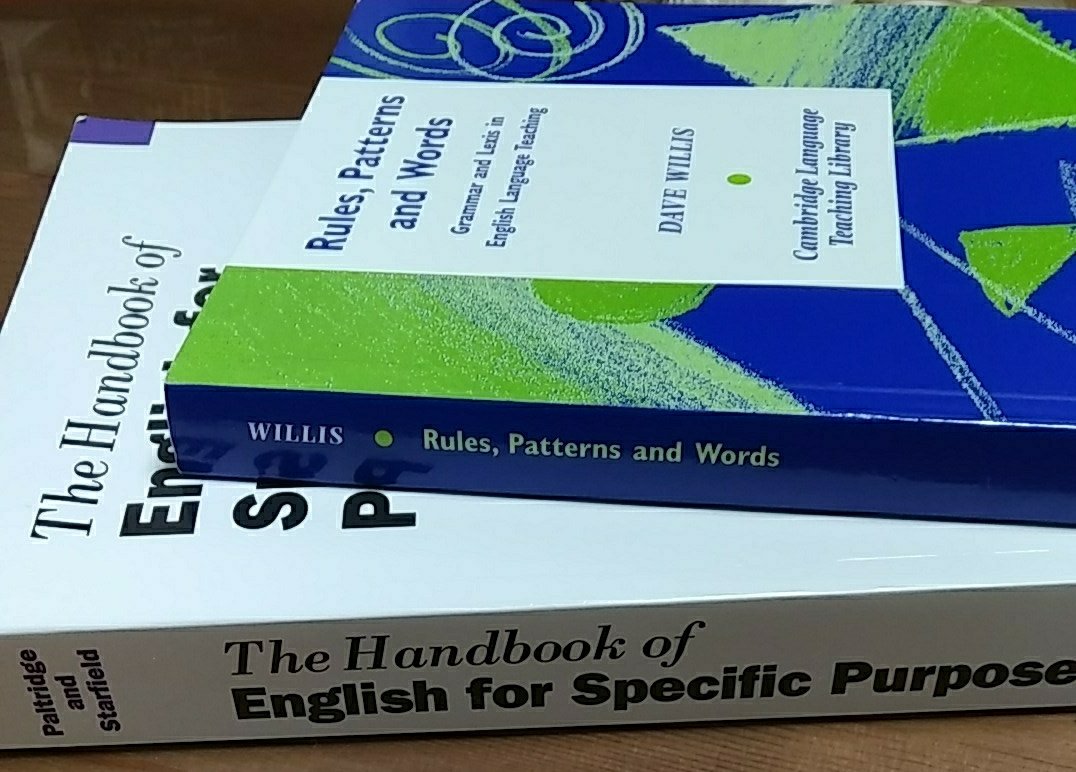
“Evidence based”. It’s so trendy, it’s science-tastic, you the forensic teacher in CSI (Classroom Sciencey Instruction). How many research papers we have found Open Access, through Sci Hub or requests hashtagging #ICanHazPDF!
It’s not all about reading research. Sometimes it’s more about doing very small-scale research to see what happens. Sometimes using recording media, sometimes just paper and pens.
A lot has been written about Action Research by much better brains than me. Anyway, this is a guide to what I might do in a personal action research project.
Gather thoughts
Research for the sake of it is just making work for yourself. What might be better is having a think about what you’d like to understand more about in your classroom(s). Write it down, and keep asking yourself probing questions, for example:
What about this could be a problem?
Is there simply a difference in personal values?
What would do I think is happening? Is this ideal? Is it definitely true?
This is likely to make your findings more compelling to you because they’ll be less superficial and you will understand already what the connections may be to other aspects of your practice.
Design your evidence capture
How you gather your evidence depends upon your classroom and the people in it. You might ask learners to help, or not. You might track your movement, or not. You can use post-it notes to stick in places, on items, etc. You can tally things on paper. You can record yourself on video, audio, or even log your steps taken with a pedometer. What and how you capture it is an important thing and you want accuracy but also ease of use if you don’t have a team (or peer) to help.
Check it before you forget it
You need the time to check your gathered data. Can it be interpreted in more than one way? Which way has most significance for you? It’s likely to suggest further action/intervention or continuing the action you were already doing. If it’s something different, you might need time to prepare and read up on how to do this, or get advice from someone who already does it. Also, keep your information somewhere you can find it. If your new action gets challenged, you want to be able to say why you’re doing it.
More data
As you take your new action/intervention, you may want to write down what happens when you do it, both positive and negative. It may be that any information is not strongly suggestive of anything: rather than stop, give it time or tweak it according to your intuition but write down what you did differently. You might find that the first way was the best way (or not). You might find that this intervention is not as good as what happened before. This is fine, because at least you know that this does not work for me/this class/this situation.
Decide what happens next
This could be a repetition of the same cycle, it could be that you feel you’ve finished it, it could be a return to the status quo. Keep your findings, though. It might be grist for the mill if you or a colleague have a similar train of thought in the future.
